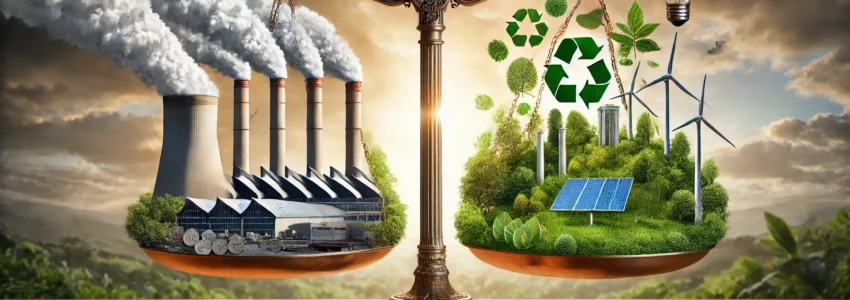Navigating the Impact of UK Manufacturing Policies on Industry
UK manufacturing policies directly influence the health of British industries, impacting sectors from automotive and aerospace to defence and energy. With the government pushing forward on ambitious targets such as achieving Net Zero emissions by 2050, manufacturers across the UK are feeling both the opportunities and pressures from these regulatory changes.











Recent Comments